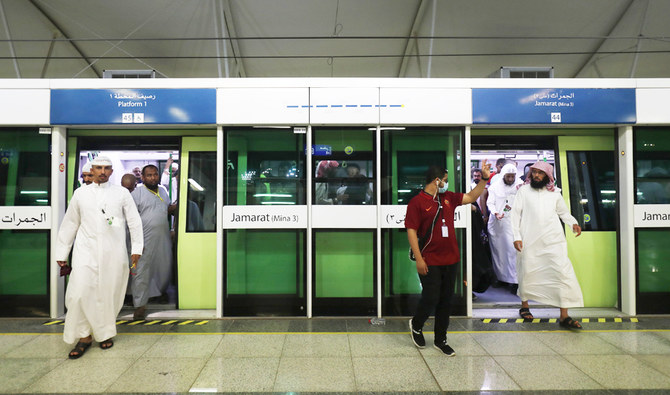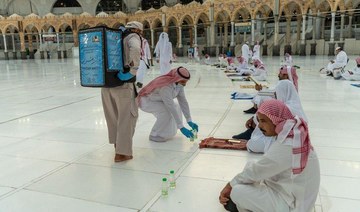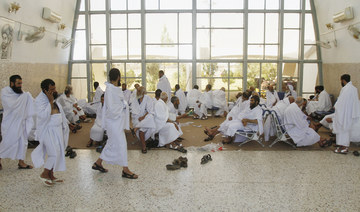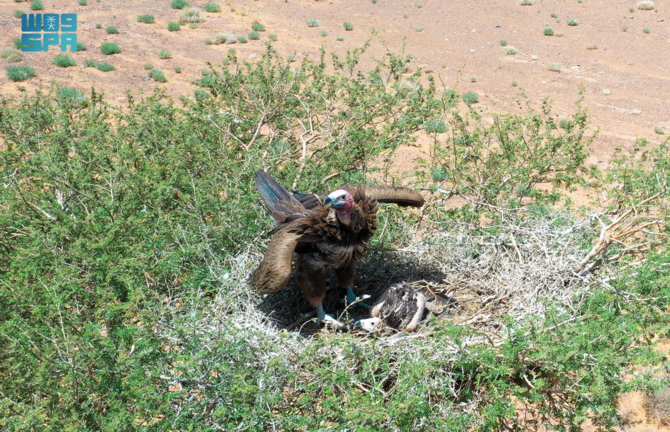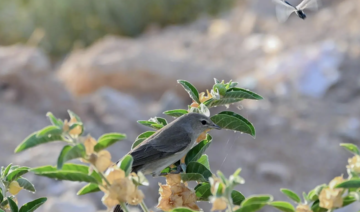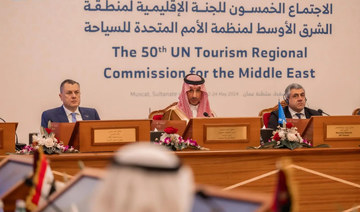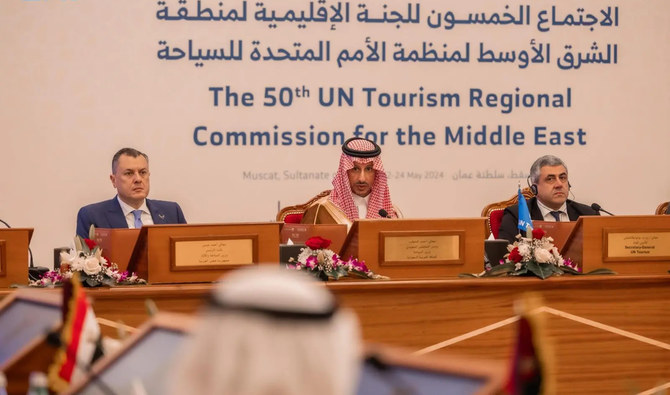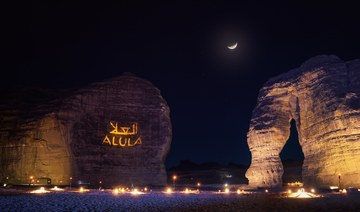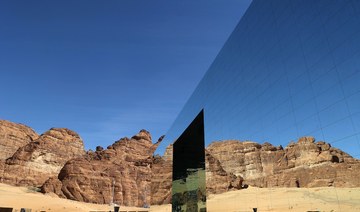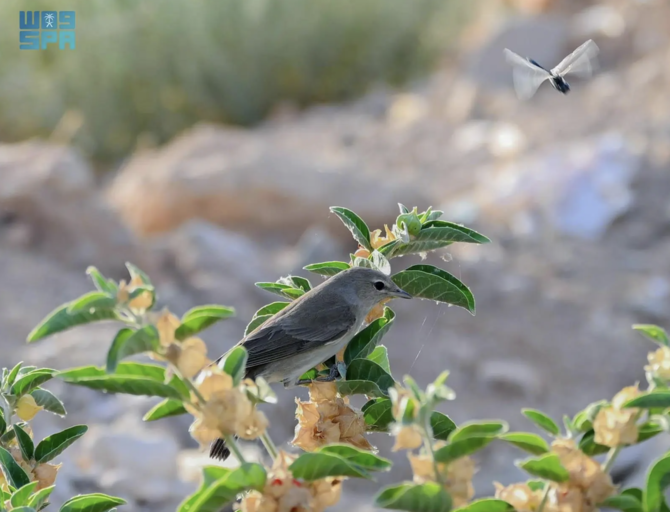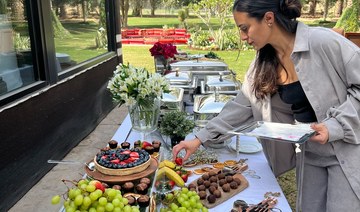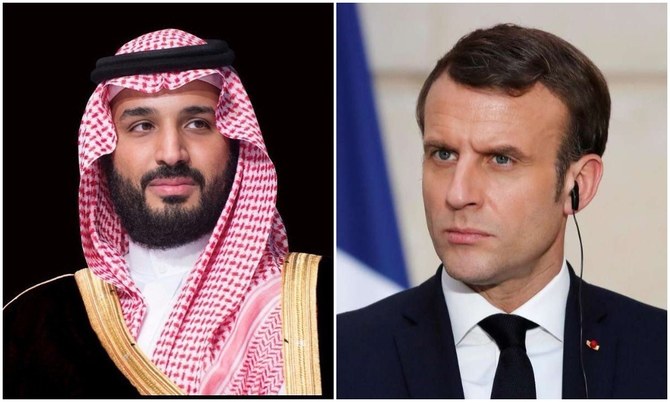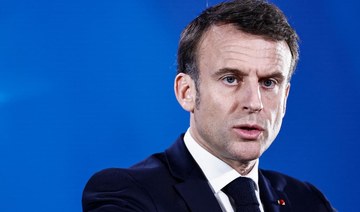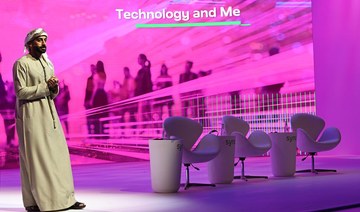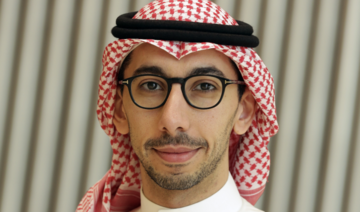JEDDAH: The COVID-19 pandemic has forced the postponement or cancellation of countless events and activities around the globe, causing great disappointment for many people. Among them are hundreds of thousands of Muslims who, after saving and planning for years, will miss out on what is for many the once-in-a-lifetime experience of performing Hajj.
The Saudi Ministry of Hajj and Umrah announced in June that it is severely limiting the number of pilgrims this year to preserve global public health in the face of the ongoing coronavirus threat. In recent years, more than 2 million pilgrims have performed Hajj. This year, only people who already reside in Saudi Arabia will be allowed to take part, but even then the number of places will be strictly limited to a few thousand. Of those, 70 percent will be expats and 30 percent Saudi citizens.
As a result, many Saudis who have been fortunate enough to perform the fifth pillar of Islam many times will be unable to do so this year.
“I feel so pleased and gifted for having the chance to perform Hajj 22 times in my life,” said Wafa Shaheen, a Saudi author with a master’s degree in the scientific exegesis of the Qur’an. “I could not be more grateful to Allah.
“I was not upset by the Hajj news this year as I know there are plenty of ways to take advantage of this precious spiritual time of the year. Worship and good deeds can be performed anywhere if the heart is with God almighty.”
She added that limiting the number of pilgrims is a sensible precaution and welcome step to protect people’s health.
Abdulrahman Abdulkhaliq, is a Saudi citizen who works as a chemical engineer who has volunteered to help pilgrims for more than 10 years. He said that Hajj is one of the most exciting activities he participates in and he looks forward to it every year.
“I cannot imagine that this Hajj season will pass and I will not be there,” he said. “This year’s Hajj is a challenge and we will learn a lot from it for future Hajj seasons.”
Health practitioner Afnan Al-Sulami has worked as a volunteer organizer for many Hajj campaigns and companies. She said she is sad that this year’s Hajj season has been scaled down but that she is thankful for the six she has participated in.
“I achieved impressive successes in this field and received many certificates of thanks, whether in general supervision or assistance,” she said. “Participating in Hajj has taught me a lot and I can never be more grateful for the decisions of our wise government.”
The restrictions also mean disappointment for more than 4,000 Saudi boy scouts who normally volunteer to help people during Hajj.
Pioneer Scout Mubarak Al-Dosari said that he has been working among the Hajj crowds for more than 40 years, guiding, serving and helping pilgrims. He has performed Hajj seven times himself.
“Although Saudi boy scouts might not be able to participate in the Hajj season this year, we cannot forget the feeling of indescribable happiness when we serve and guide the lost during Hajj,” he said. “To see a smile on a lost pilgrim’s lips, or those of a child that had lost his parents, or the sick who have been rescued by our amazing team, is priceless indeed.
“The king’s decision was made to fulfill the requirements of social distancing and precautions to ensure the safety of people and protect Muslims in the Kingdom.”
Last year, Saudi Arabia hosted 2,489,406 pilgrims, according to the Saudi General Authority for Statistics. Of those, 1,855,027 came from other countries and 634,379 from within the Kingdom.



